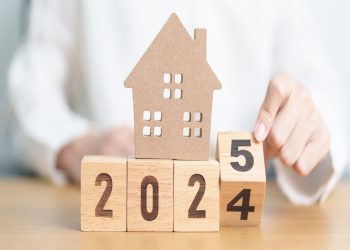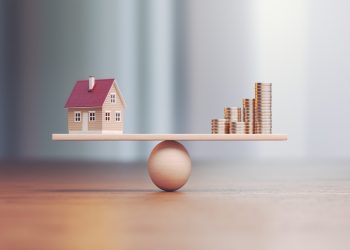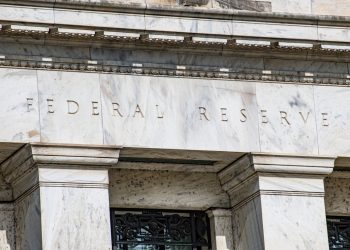By Kelly Greene, The Wall Street Journal Online
RISMEDIA, Oct. 4, 2007-Question: We recently sold our home and have relocated to a different part of the state. We are renting until we decide which neighborhood we wish to live in and have eight more months on our lease. Should we decide to buy at our ages, 75 and 73, or continue to rent? We are both healthy and able to pay all cash, or shouldn’t have trouble getting a mortgage as we both have excellent credit and no debt. We have heard arguments both ways involving life expectancy, the continuing drop in housing prices within our time frame, and rentals becoming more scarce as homeowners are having to foreclose, etc. –Herbert Dennis, Vancouver, Wash.
Answer: Two certified financial planners, one on the East Coast and the other on the West Coast, suggested that you seriously consider continuing to rent — or, if you’d rather buy, at least scale down to a condominium with less maintenance involved than a house. Financially speaking, you’ll have to weigh what you’re paying for rent against what you’d want to pay for a house, factoring in taxes and potential appreciation, says Cary Carbonaro, a planner who practices in Clermont, Fla., and New York. And if you have children, you’ll need to think about whether it’s important to you to leave them a house as their inheritance.
It’s also important to consider how long you might want to own a new house — especially, as you reference in your note, at a time when the housing market is struggling in many parts of the country. Whether the housing market is doing well or badly, there are so many extra costs involved in buying the roof over your head — closing costs, insurance, and inspection and appraisal fees among them — that over the first five to seven years, a renter who invests the equivalent of a down payment in stocks could probably do better overall than a house buyer.
And if you’re worried about budgeting for monthly rent payments in retirement, you could set up a conservative investment portfolio with the profits from your house sale to provide income for that purpose, Carbonaro says. For example, a couple with $500,000 from a house sale could buy certificates of deposit with staggered maturity dates, Treasury bills, corporate bonds and a “tiny bit of some growth stock, and they could probably get 6% to 7% on that money,” or about $32,500 a year, she says.
But the bigger question, says Phillip Cook, a planner in Torrance, Calif., is this: “What’s your lifestyle?” If you’re traveling a lot, you may not want to be “tied down to a house,” and even if you tend to stay busy with activities closer to home, it’s likely that you’ll begin to hire out the “heavy-lifting” chores like yard work within the next decade or so. “Rent is money going down a rat hole, but you get some freedom you don’t have when you own your own home,” Mr. Cook says.
However, there’s one potential pitfall to renting at the moment: With the meltdown of the subprime-mortgage market, rents could be pushed upward in coming months. You might want to check with your local building department to find out how many permits are being pulled to build multifamily residences, to make sure the supply is keeping up with demand.
Another option to consider is a condo, which typically costs a bit less than a single-family house and uses association fees to pay someone else to take care of the gardening. But it’s better to buy in a development where owners live in their own units, rather than in a place where investors may be trying to resell units quickly — and get caught, he adds.
And if you would like to combine your current residence with planning for possible personal-care needs in the future, scout out continuing-care retirement communities, or CCRCs, in the area, Ms. Carbonaro says. Such communities often charge a large upfront fee, which may or may not be refundable, along with monthly rent for an independent-living apartment or villa. But they generally have assisted-living and skilled-nursing units that residents can use for temporary or long-term medical needs, which might be a valuable amenity down the road.










